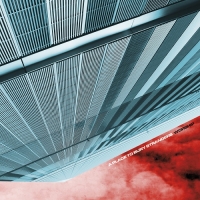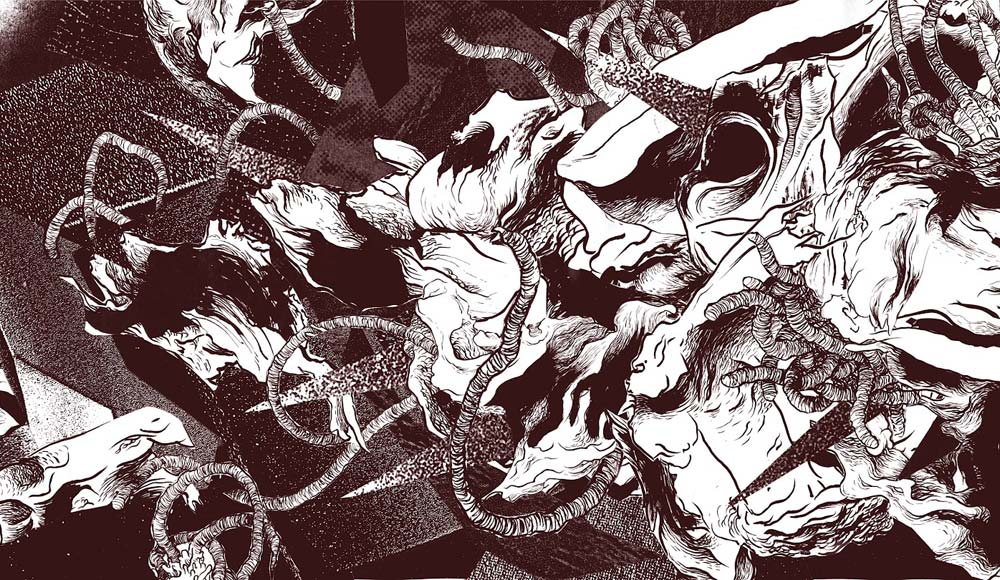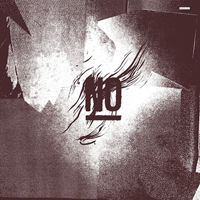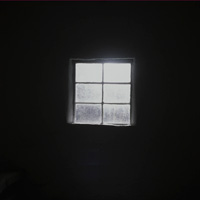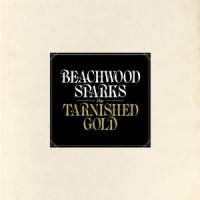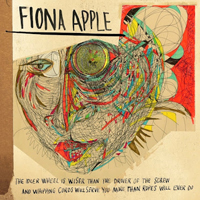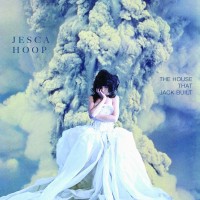 Jesca Hoop: The House That Jack Built (Bella Union, 6/26/12)
Jesca Hoop: The House That Jack Built (Bella Union, 6/26/12)
“Born To”
Northern California-born signer/songwriter Jesca Hoop (a current resident of Manchester, England) has made quite the impression on people in high places. Garnering endorsements from the likes of Elbow’s Guy Garvey, Peter Gabriel, and Tom Waits (for whom she used to nanny, and who has described her music as being “like going swimming in a lake at night”), Hoop has established herself as well-crafted songstress who relies on her strong voice and pop sensibilities to impel her songs forward. But the support from her tried-and-true forebears isn’t unfounded; on her new album, The House That Jack Built, Hoop disinters the raw talent and musical vision to back up all the hype surrounding her.



